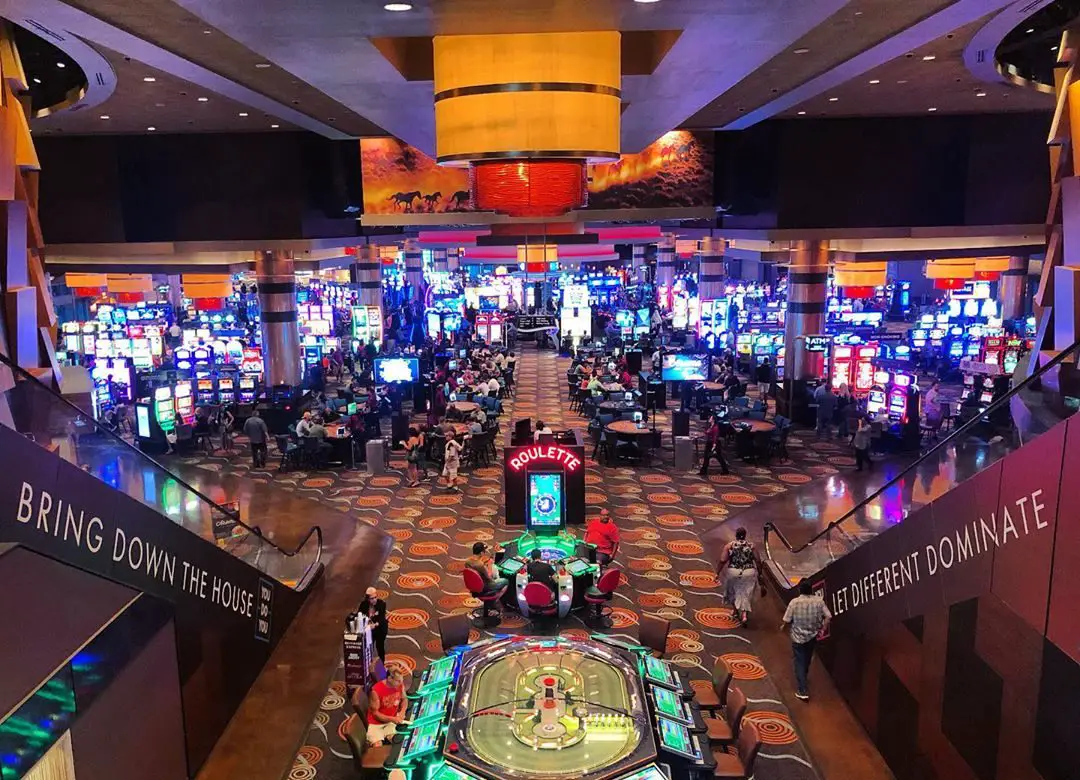
When we think of gambling games, the initial pictures that often come to mind are those of spinning roulette devices, poker chips clattering on felt surfaces, and cubes rolling across a betting surface. While many consider these games as mere hobbies fueled by chance, a deeper exploration reveals a fascinating blend of strategy, skill, and community interaction that raises them far beyond basic chance. Whether you are a seasoned player or a inquisitive newcomer, understanding the subtleties of these activities can significantly enhance your enjoyment and understanding.
Gambling games have developed over centuries, with different cultures contributing to their rich backgrounds and variations. From the intricate tactics of blackjack to the deception tactics in poker, players engage in a contest of intellect as much as a risk on odds. This dynamic interplay between luck and expertise creates a exciting atmosphere that draws millions to gambling establishments worldwide. As we delve into the world of table activities, we will reveal the methods that can shift the odds in your favor and the community aspects that make these activities a favored choice for entertainment and interaction.
The Strategy of Table Games
Casino gaming frequently involve a blend of ability and luck, making them fascinating for players who like a test. Every game has its unique set of rules and strategies that can affect the results. For example, in titles like 21, players are required to use tactics like counting cards and grasping the probabilities to make informed decisions. This skill set can significantly improve the victory potential, distinguishing seasoned players from beginners who may depend entirely on luck.
Conversely, titles such as the roulette may appear to be entirely based on luck, but strategic thinking can also play into the equation. Players can select between various wagering strategies, such as the Martingale system, where they increase their bets after losses. This approach can establish a more controlled way to the activity. Understanding the probabilities of specific bets can also help participants make better decisions on the table, demonstrating that even in titles of chance, tactics can enhance the enjoyment.
Additionally, the game of poker stands out as a title that heavily focuses on tactics. In contrast to most casino titles, the game of poker merges skill, psychology, and chance. Participants must also focus on the hands they are given but also take into account their rivals’ behavior and betting patterns. Mastering principles like table position, pot odds, and interpreting bluffs is essential for success. This complexity of tactics in poker often creates to a more immersive experience for players, as their decisions and abilities significantly impact the game’s results.
Comprehending Likelihood and Ratios
In the realm of gambling matches, likelihood and ratios have a vital role in determining a gambler’s possible results. Every activity has its own set of guidelines that define how the chance of winning or losing is calculated. For example, in matches like 21, players have a chance to affect their odds through strategy, whereas in matches like the wheel, the outcomes are exclusively governed by chance. Grasping how these probabilities are measured can substantially impact how a player tackles the game.
Ratios are typically shown in two formats: ratio and decimal. Fractional odds represent the proportion of the sum won to the amount bet, whereas numeric ratios show the total payout for a winning wager, including the stake. For instance, if a game has ratios of 5 to 1, this means that for every one unit staked, a player could win five units if they win. Understanding how to understand these odds enables players to evaluate their potential earnings and make more wise decisions during gameplay.
Players should also be aware of the house edge, which is the casino’s inherent benefit over the players. Each game has a distinct house edge, and grasping this concept is important for managing one’s expectations and budget. Activities with a lower house edge, such as blackjack and baccarat, typically offer better ratios for gamblers compared to activities like slots and keno. By acknowledging the relationship between probability, odds, and the casino advantage, gamblers can enhance their gaming experience and plan more effectively.
The Aspect of Table Gaming
Table games at casinos are often seen as a center of social interaction, bringing participants together in a shared experience that extends far beyond the mere act of gambling. The atmosphere at a poker table can be vibrant, with gamblers engaging not only with the game itself but also with one another. Laughter, excitement, and, occasionally, friendly banter create connections that improve the overall enjoyment of the gaming experience. This communal aspect can turn a solitary endeavor into a dynamic gathering, making table games particularly appealing.
One of the intriguing elements of gaming at tables is the way it cultivates friendship among players. Whether it’s collaborating to defeat the dealer at a craps table or sharing stories between hands in a card game, the environment encourages communication. Players often share advice or strategies, creating a sense of community that enhances the fun. This interpersonal atmosphere can make new gamblers feel included and less daunted by the competitive nature of casino games. ga179 com As the game progresses, friendships may form, leading to a sense of belonging that keeps participants returning to the table.
Moreover, the social aspect of gaming at tables extends outside just the players. Dealers play a crucial role in encouraging interaction and maintaining the flow of the game. Their ability to engage gamblers with warm dialogue and their expertise in running the table can create an inviting atmosphere. This relationship between participants and staff adds another layer of enjoyment, where players feel connected not only to one another but also to the staff. Such interactions are often what make the experience memorable, as participants leave with stories to tell and connections made, reinforcing the notion that table games are truly about more than just chance.
